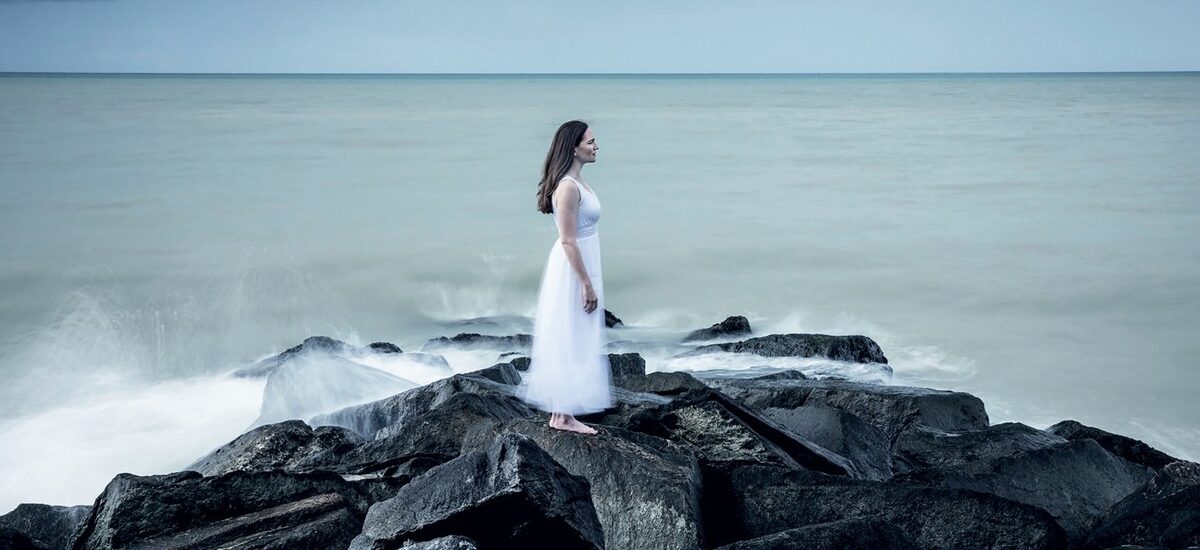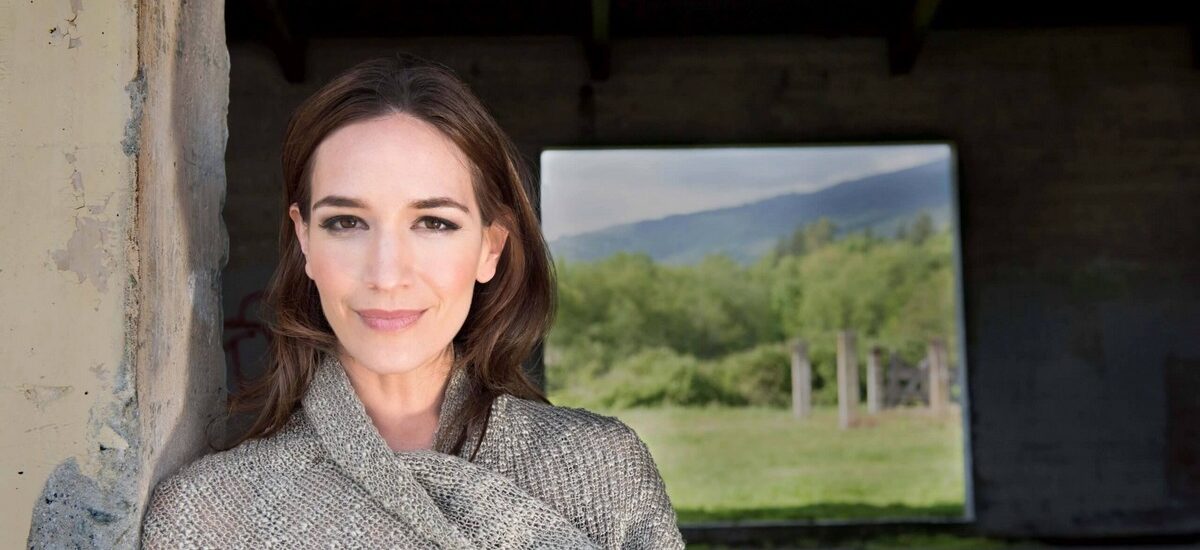TRANSCRIPT
Scofield: Not only are there these fascinating stories of Nero himself, but the women around him, his mother Agrippina, his lover Poppea, also make for quite intriguing stories as well. And I think you have said about those two, “I was keen to explore each person’s culpability in the disintegration of this man who’s taken on such great power, and used it to abuse. This is my third album, and I felt ready to take a risk.” Now I think the risk that you have taken certainly has paid off, but what was the downside of that risk that you might have been worried about?
Lindsey: I’m a pretty introverted person overall, even though I’m a performer. I have my views and thoughts on things, I don’t shout things from the mountaintops, I don’t post on social media, trying to tell people my political opinions, all of that. And I think in exploring this, probably for me, it felt riskier because what brought me to making this disc, a lot of the reason that I went this direction, was that I just knew I couldn’t make a disc about something that didn’t feel like it had any relevance to what we’re living in our world today. And when I was really brainstorming about things last summer, we were in the midst of the lockdown, we were in the midst of the preparation for the U.S presidential elections, the George Floyd killing, riots in Belarus… There was just so much unrest, so much distrust of government. I think a lot of concern over a sense of authoritarianism that sort of emerging and what struck me, as I was sort of looking at Nero and looking at other people through our history, is that these are real people that lived, people through the history.
We, humanity, have a tendency to sort of relive, rehash, reexplore things again and again. We sort of relive it in different ways again and again. Considering the level of frustration, I think a lot of people have towards their governments distrust, or towards their leaders, the idea of corruption, all of that, that’s never gone away. It just evolved as we’ve evolved technologically and the like. I think I just needed to explore that, and I also felt that I needed to explore what makes a person seek power.
I also believe that when someone is sort of seeking political power, so to speak, they have benevolent intentions. People start out with benevolent intentions to help people, what can easily happen is other influences come into play, and then you’re trying so hard to hold on to your power, you start to move away from your moral compass a little bit, and it widens and it’s the pressure of trying to sort of hold on to power while still do good. I think it’s that sort of disintegration.
I don’t try to come to it from a really judgmental place. It’s more of an exploration of how does that happen for people, because I know it’s difficult journey to take. I look at Nero, and I think actually he didn’t even ask for this. His mother, Agrippina, wanted him in this position because as a woman she could not rule, but if she got her son into the position of emperor, then she could effectively attempt to rule through him. For women during that time, you had to connect yourself with a powerful man, in order to have a sense of power. There were a lot of elements that were sort of pushing me towards this, and I think as I’ve matured through the years, I felt like some of these things I can explore with more maturity than I could have 15 years ago. It’s something I like to talk about because I’m not trying to say this is right and this is wrong. I’m trying to say what makes us as humans sort of be driven in these directions, and what are the elements at play that make a tyrant a tyrant, because it wasn’t just that one person that did it. There was probably a mother, and a father, and siblings, and there was a family that contributed to making that person who they are, and that’s interesting to me.
Read more about Kate Lindsey on their OFFICIAL WEBSITE.




